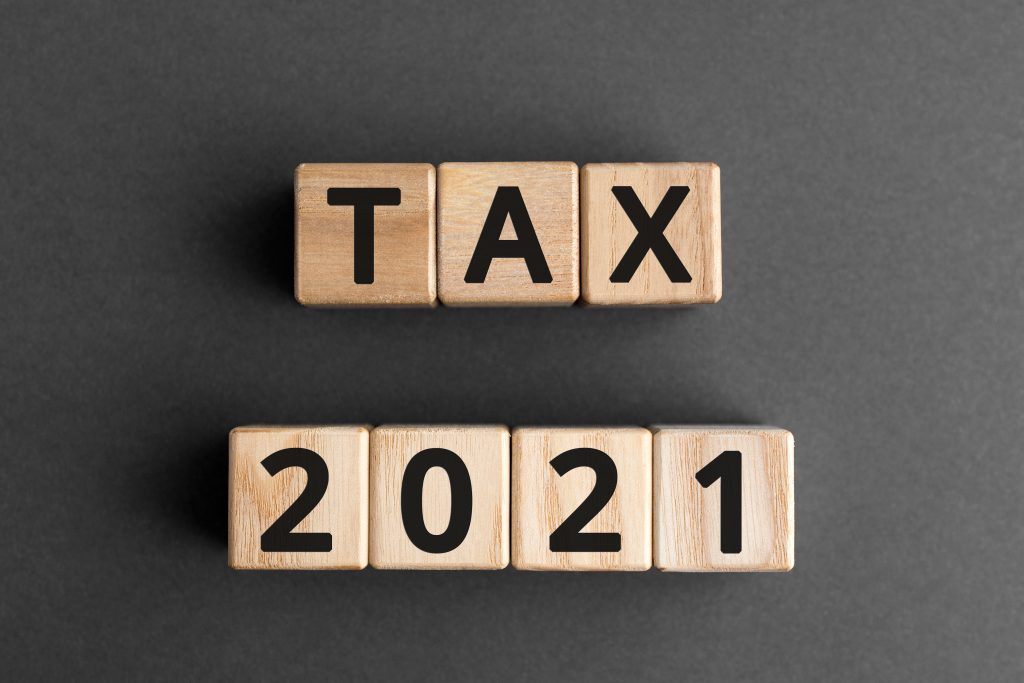2023 Child tax credit
Similar to the EITC, the child tax credit is designed to benefit working families by typically allowing them to claim up to $2,000 per qualifying child via a refundable credit. But the new stimulus bill increases the amount families can claim to $3,600 per child under age 6 and $3,000 for children over age 6. Money from the credit will be split: Half will be...
Read More


